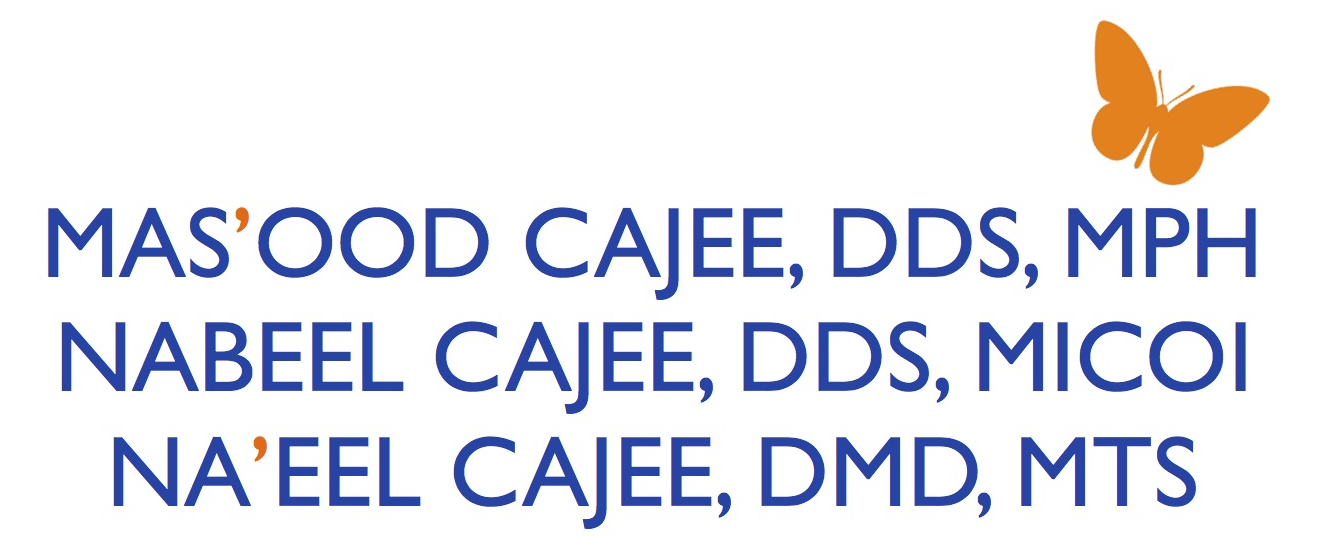Can Impacted Wisdom Teeth Correct Themselves Over Time?
/So, you’re in your 20s or 30s, and your dentist has mentioned that your wisdom teeth are impacted. If you’re wondering, "Can these teeth just fix themselves with a little time and growth?"—you’re definitely not alone. It’s a common question! Let’s clear up the confusion about impacted wisdom teeth and whether they can make a miraculous recovery all on their own.
What Are Impacted Wisdom Teeth?
Before we dive into whether impacted wisdom teeth can correct themselves, let’s talk about what "impacted" really means. Wisdom teeth, also known as third molars, are the last set of teeth at the back of your mouth. They typically fully come in between the ages of 17 and 25. But they start coming in at about age 13. But, not everyone has the space in their mouth to properly accommodate them. When a wisdom tooth doesn’t have enough room to fully emerge or grow correctly, it’s considered "impacted."
Impacted wisdom teeth can grow at odd angles, or even lie sideways beneath the gum line. Sometimes, they don’t break through the gums at all, which can cause a variety of problems—like pain, swelling, and even infection.
Can Impacted Wisdom Teeth Fix Themselves?
Here’s the million-dollar question: Can impacted wisdom teeth correct themselves over time? Sadly, the answer is no—usually, they won’t fix themselves. While the teeth might shift a little with growth, impacted wisdom teeth typically don’t find their way into a perfect position without professional help.
Dr Cajee explains that if your wisdom teeth are impacted and causing pain or problems with your surrounding teeth and gums, they often need some form of intervention. This could mean extracting the teeth or addressing the issues with treatments like orthodontics, depending on your specific situation.
Why Won’t They Correct Themselves?
Lack of Space
Your mouth might simply not have enough space to let your wisdom teeth grow in properly. If there’s no room, the teeth can remain stuck under the gums or push against other teeth, leading to overcrowding or damaging adjacent teeth.
Angled Growth
Impacted wisdom teeth often grow at odd angles. If they grow sideways, they can push against the tooth next to them, causing pain and even damage. This kind of angled growth usually won’t correct itself without intervention.
Risks of Infection
Impacted wisdom teeth can create pockets in your gums that are hard to clean, which can lead to infections and gum disease. In some cases, cysts can form around the impacted tooth, which could damage the bone and other teeth.
What Are the Treatment Options?
If your impacted wisdom teeth are causing problems, Dr Cajee will carefully evaluate your situation and recommend the best treatment. Options include:
Extraction: If the tooth is causing pain, damage, or infection, a dentist will recommend removing the tooth.
Monitoring: In some cases, if the tooth isn’t causing any immediate problems, your dentist may decide to simply monitor it and see how it progresses.
Orthodontics: In certain situations, if your wisdom teeth are affecting the alignment of your other teeth, orthodontic treatment may be necessary.
Fun Facts About Wisdom Teeth:
Did you know that not everyone has wisdom teeth? Some people don’t develop them at all, which can be a blessing in disguise!
Wisdom teeth got their name because they come in later in life—generally around ages 17 to 25—when people are “wiser” (or at least, that’s the idea!).
Your wisdom teeth aren’t totally useless. In ancient times, they were needed to help chew raw plants and meat. But now, they’re mostly just along for the ride!





